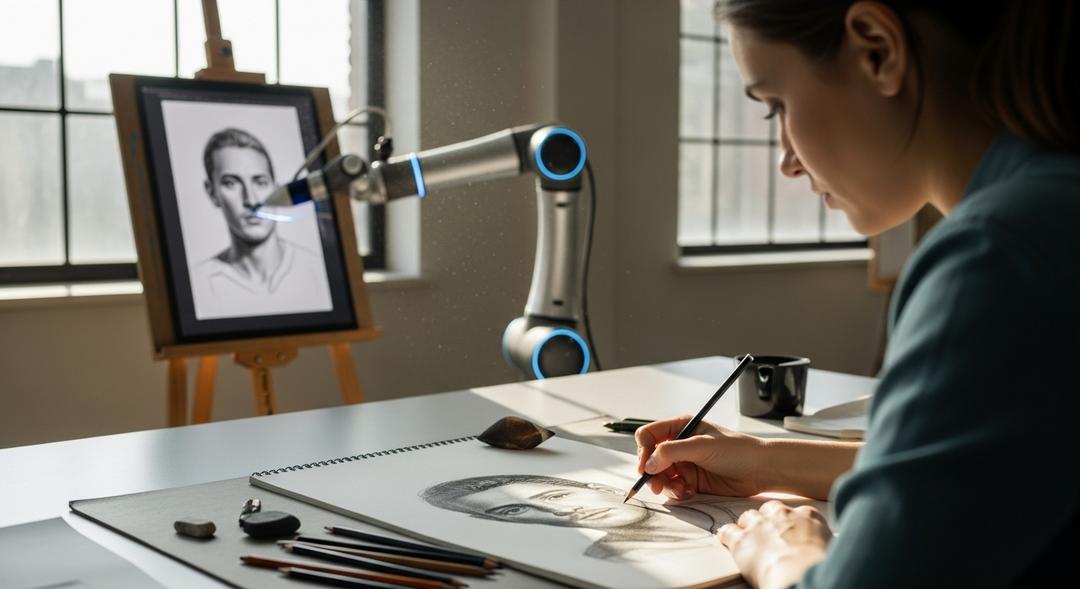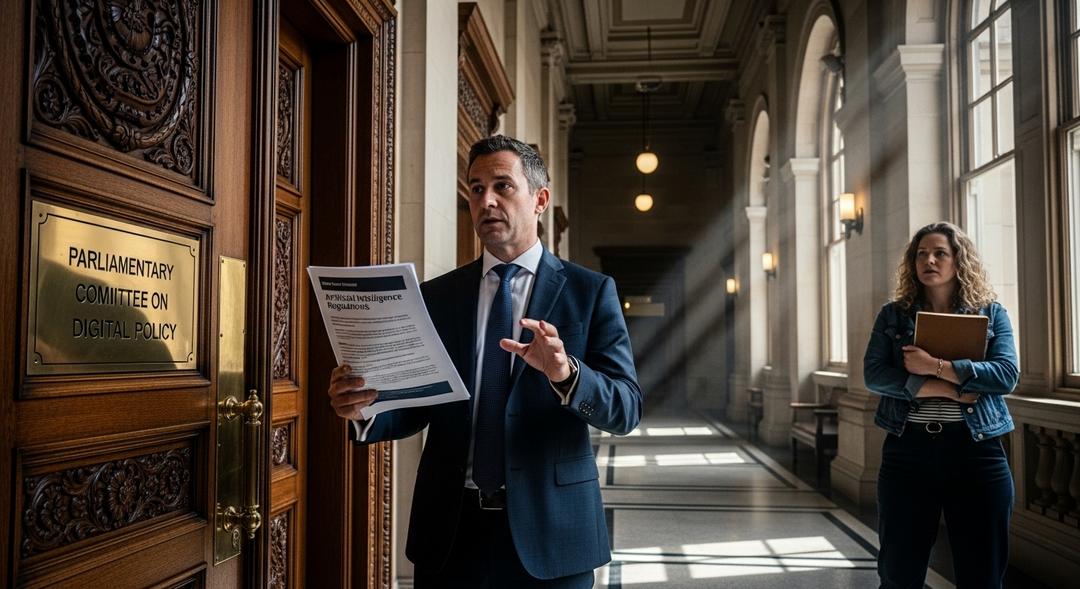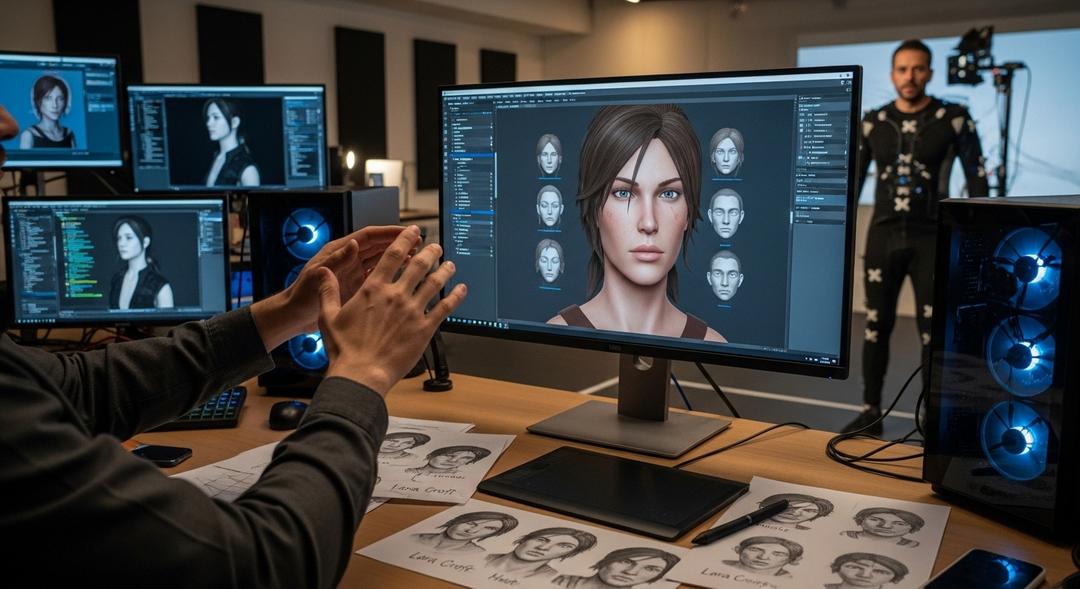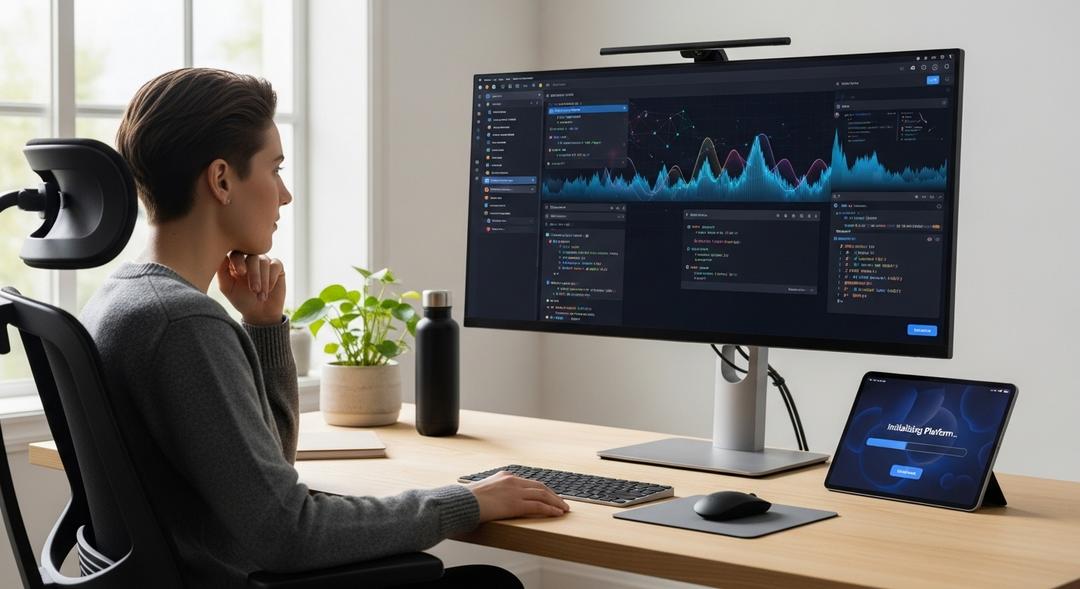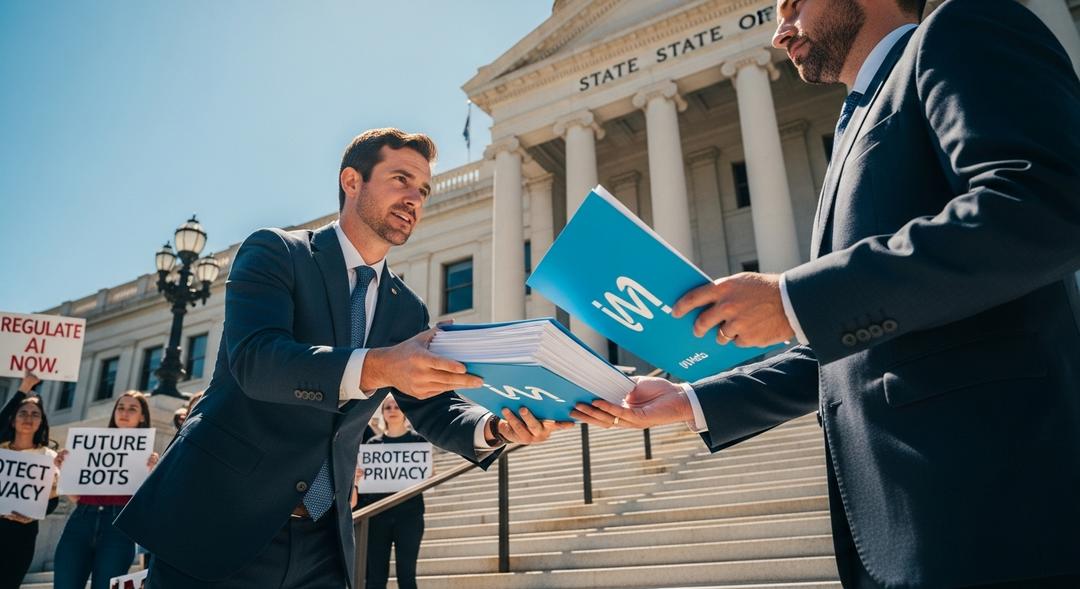A robot painted like a Renaissance noble with Monet’s brushstrokes sounds like a fever dream, but it is business as usual for today’s chatbots and image generators.
As artificial intelligence transforms our idea of creativity, the fabric of intellectual property law is starting to fray around the edges. Copyright has always existed to guard the spark of human imagination, granting certain rights to whoever holds the paintbrush or types the story.
At the center of this debate is the figure of the “author,” a concept that legal texts across Europe still treat as exclusively human. The Maltese Copyright Act, for example, says an author must be a natural person, and European court cases have reinforced that a work gets copyright only if it shows personal touch and original choices.
Yet AI tools, when prompted for an oil painting merging mechanical robots with airy French impressionism, do something uncanny. They assemble brushstrokes, choose color palettes, and drape clothing in the style of the correct historical period as if a virtuous artist were at the helm. Not one of these decisions, however, is free in the way a human’s might be; the machine is searching vast data sets and serving up whatever is mathematically most likely to fit your request.
When Machines Mimic Artists
Even when results rival genuine paintings, courts and copyright offices are united: if a creation lacks a real person’s independent flair, it does not clear the legal hurdles for originality. Carys J. Craig, a respected voice in this area, captures the unease plainly. “The notion that AI is doing something functionally equivalent to human authorship depends upon a vision of technology distorted by misunderstanding and romantic notions of machine creativity.”
That distinction carries enormous weight. AI technology can spit out thousands of images or songs at almost no cost. This brings the question of scarcity—the thing copyright normally protects—into focus. With machines able to exhaust every possible way an idea can be expressed, the value of each new creation begins to blur at the edges.
Some advocate for new kinds of rights designed just for machine-made works, perhaps similar to rules protecting databases. Others say AI’s inventors already get enough reward from patents and trade secrets. The United States Copyright Office has drawn a firm line, warning that extending copyright too far could stamp out genuine artistry. According to the agency, “If authors cannot make a living from their craft, they are likely to produce fewer works. And in our view, society would be poorer if the sparks of human creativity become fewer or dimmer.”
This debate is about more than headlines or maverick artwork. When companies use AI to generate marketing material or writers rely on automated tools, questions swirl over who owns the final product. Ownership can vanish in a puff of legal smoke if an AI service’s fine print says outputs belong to the public.
Infringement is another minefield. Training data can unwittingly include copyrighted material, and it takes sophisticated analysis to pick apart what is original from what is borrowed.
The lines are only getting blurrier with every new algorithm, demanding a legal response that entertains subtleties no one dreamed of in the past. The challenge now is ensuring what we build and share stands up not only in courtrooms, but as authentic artifacts of human culture.
